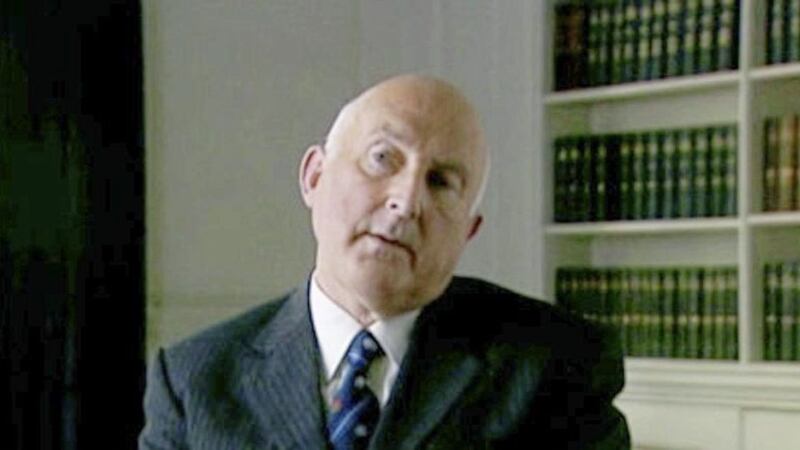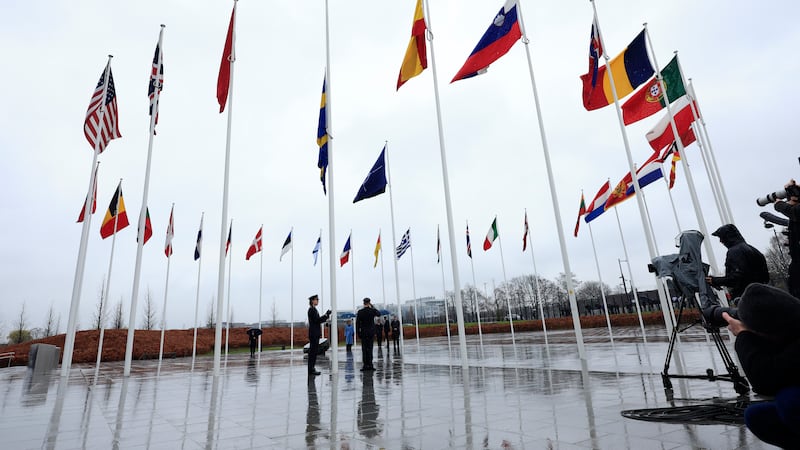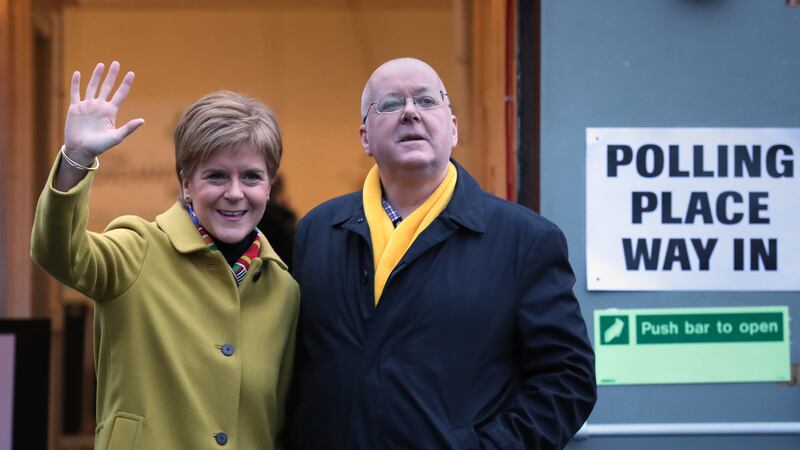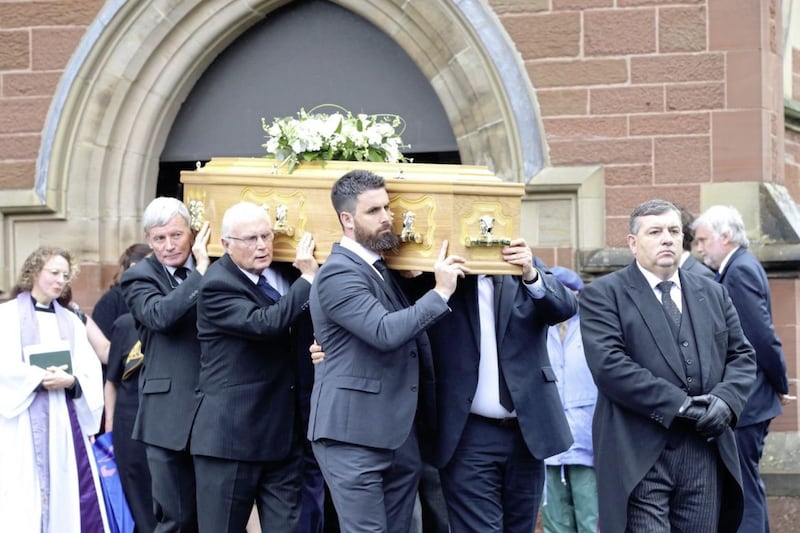A FORMER British army intelligence officer has criticised historical abuse inquiry findings that children cared for at Kincora Boys Home were not abused by a powerful ring of paedophiles.
Colin Wallace spoke out after the Historical Institutional Abuse Inquiry produced its long awaited report last month.
The inquiry, which was chaired by Sir Anthony Hart, looked at wider abuse allegations and examined claims surrounding the former boys home in east Belfast.
It has been claimed that senior politicians, civil servants and businessmen abused children cared for at the home at which notorious loyalist and suspected MI5 agent William McGrath was a senior official.
McGrath was jailed for sexual offences in 1981 and has since died.
The report, which was published after the four-year inquiry, also rejected claims that British security services were aware of the child abuse and used the information to blackmail those involved.
Mr Hart said: "It was not a homosexual brothel, nor was it used by any of the security agencies as a honey pot to entrap, blackmail or otherwise exploit homosexuals.”
The retired judge added that "it is now time to finally lay these unfounded myths to rest”.
However, Colin Wallace, who served in the north in the 1970s, last night criticised the inquiry’s findings.
He claims he first briefed journalists about Kincora allegations while working as a British army ‘information officer’ in 1973.
He also worked closely with undercover British army units during his time in the north.
The former British soldier spent six years in prison in the 1980s for manslaughter but his conviction was quashed in 1996 after new evidence emerged.
In a detailed document sent to media organisations yesterday Mr Wallace said he believed the inquiry’s report was wrong in parts.
He also outlined his reasons for refusing to appear at the inquiry as a witness claiming it did not possess the power to compel the production of evidential material and that it failed to provide his solicitor with a list of “government disclosed files” relevant to his evidence.
He added that he was not afforded adequate time to respond to a “warning letter” and other documents sent to him in December.
Mr Wallace said that he “contributed material” on two occasions last year “correcting statements by counsel for the inquiry at public session”.
Mr Wallace has now posed a series of 11 questions which includes suggestions that some potential evidence was overlooked.
The recently published inquiry report concluded “that Mr Wallace cannot be regarded as truthful in his accounts of what he knew about sexual abuse in Kincora or what he did with that knowledge, in 1972-1974".
A spokeswoman for the HIA Inquiry last night said that it devoted 119 pages “examining what Mr Wallace has said about Kincora in the past”.
She added that the report and most of the documents referred to along with Mr Wallace’s correspondence can be found at the inquiry website.
“The Inquiry does not intend to debate its findings with Mr Wallace and invites those interested in what he has to say to study the detail of the report and examine his correspondence with the Inquiry on the Inquiry website, and the Inquiry’s conclusions about Mr Wallace’s credibility at Paragraph 601 of Chapter 28,” she said.








